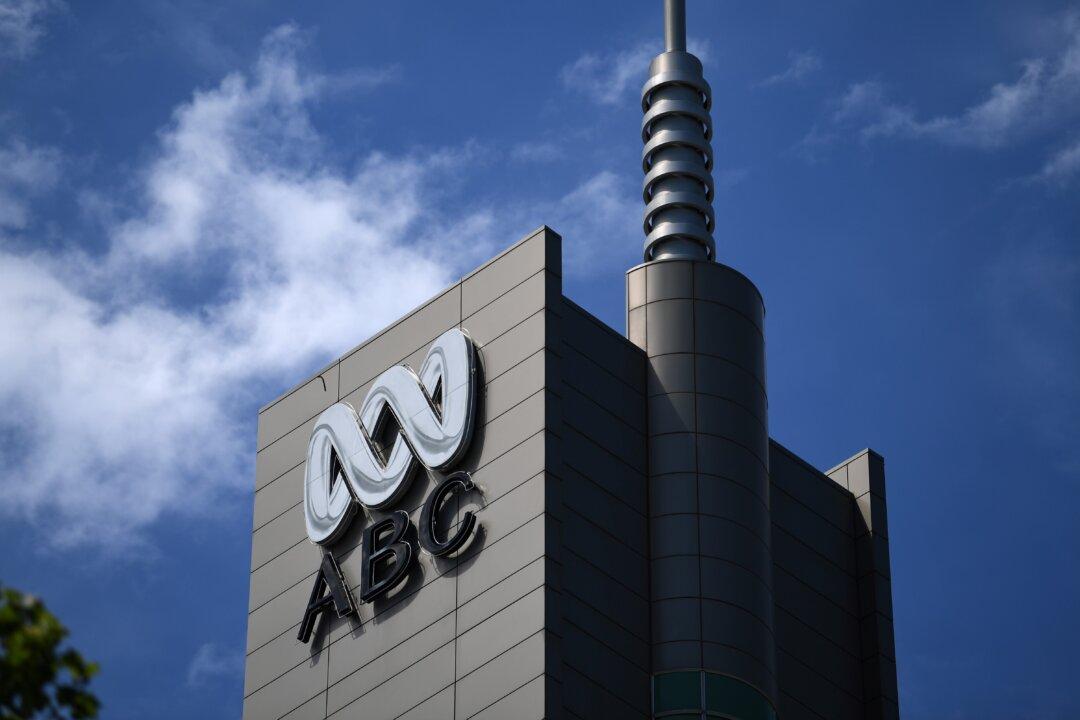The Australian Broadcasting Corporation (ABC) has apologised for its “incomplete” coverage of an Alice Springs town meeting, in which locals worried about escalating crime rates in the community were accused of being “racist.”
The partial apology came after the shadow minister for communications revealed she had lodged a formal complaint about the “shockingly biased reporting” to the media watchdog to ask for an investigation.




